I am hoping that my body rash has somewhat abated. My legs were not as swollen this morning as they were last evening. I decided to skip the last vestige of my daily exercise and not do my “old-man-running-in-place” this morning in the hopes that my legs will not swell again. Eileen has since observed they are still swollen, but if that is so they are not near as uncomfortable as they were last night. I am hoping to resume my exercising gradually beginning sometime this week. My doctor advised no strenuous lifting for two weeks after my last eye surgery. This precluded most of my daily exercising.
As usual, Eileen asked me if I would stay up for the Halloween Trick or Treaters so she would not have to face them alone. I had planned to make a jack-o-lantern, but there were no pumpkins at Meijer and my physical discomfort increased enough in the afternoon so that I skipped what is usually my annual pleasure at carving up a pumpkin.
I knew that Eileen had been watching Downtown Abbey so I suggested we continue with that while she waited for the doorbell to ring. I generally am not that interested in TV and movies but I had some curiosity about the music for this series. My hopes that the music might be interesting were quickly dashed. I found the music as insipid as the plotting was cynical and emotionally manipulative. But it served the purpose to keep me awake. In fact I sat up later than usual. TV and movies are usually no better than this, at least for me. But this doesn’t mean I won’t continue to watch with Eileen and enjoy.
One of the benefits of surrounding myself with books is the fun of picking up something that interested me enough to purchase and put on the shelf a while back. This morning I spent time with two books that I have had my eye on for a while.

I know that the title of Lionel Trilling’s posthumous collection of essays, The Moral Obligation to Be Intelligent: selected essays made it an irresistible purchase at some point. I filed in my downstairs books under T for Trilling where I would not forget it. This morning I read Leon Wieseltier’s witty and excellent introduction.
In it he writes, “[I]n a withering commentary on Dreiser …. Trilling wrote in 1946: ‘But with us it is always too late for mind, yet never too late for honest stupidity; always a little late for understanding, never too late for righteousness, bewildered wrath; always too late for thought, never too late for naïve moralizing.” Trilling is almost certainly referring to America in general if not specifically of its intellectuals. If you’ve ever waded through Dreiser you can see how he would inspire these observations.
Writing about New York intellectuals in the mid-Century, again Wieseltier quotes Trilling: “[I]n their worship of ‘ideas’ they often failed to observe the difference between an idea and an opinion.'”
Also filed under “T” in my downstairs not to be forgotten collection was A Company of Readers: Uncollected writings of W. H. Auden, Jacques Barzun and Lionel Trilling From the Readers’ Subscription and Mid-Century Book Clubs.
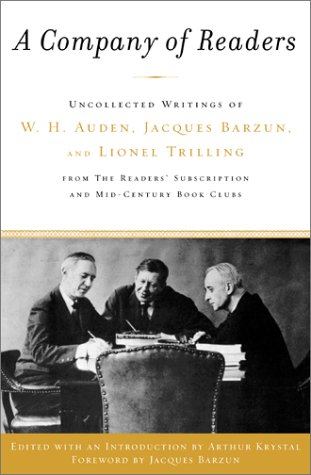
Amazingly these three men got together every two weeks and examined books and each other’s review of them. I read the introduction by Barzun this morning.
The art of Aphantasia: how ‘mind blind’ artists create without being able to visualise
Bookmarked to read. Mary Dora Russell shared this link on Facemetabook mentioned that she herself has this condition.
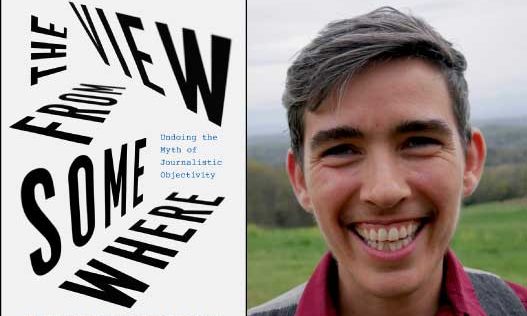

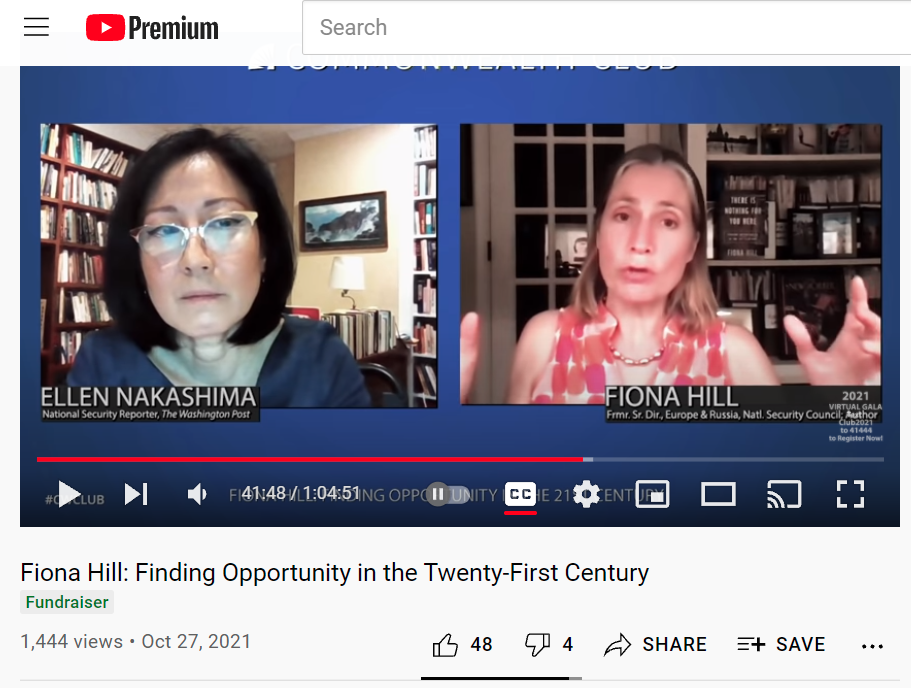



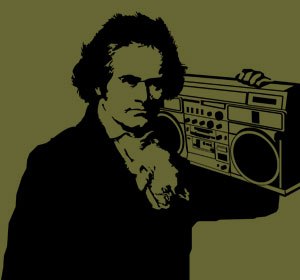

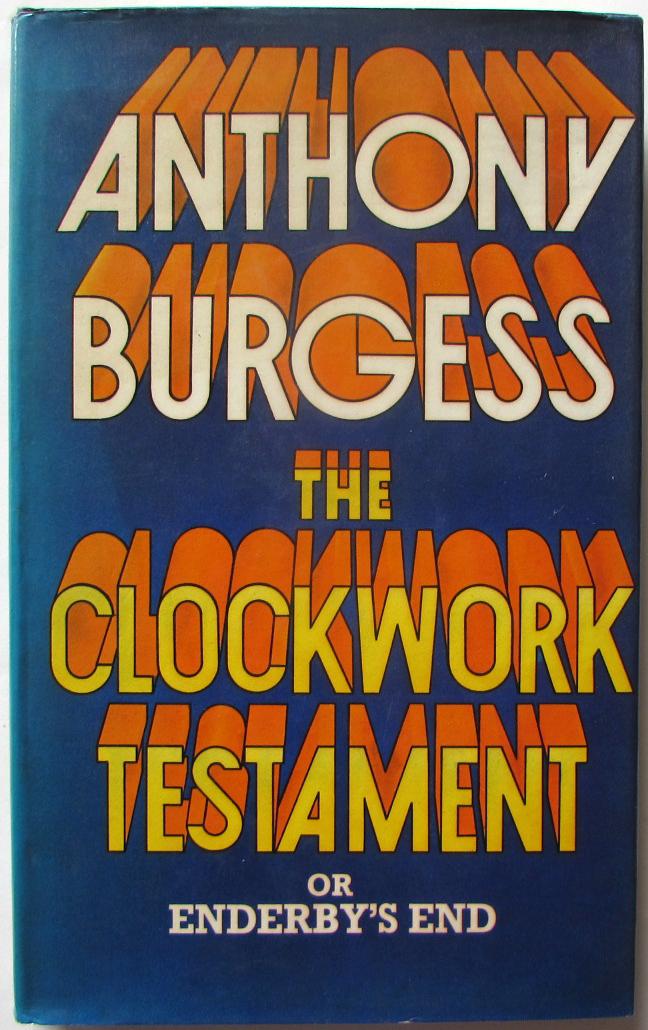






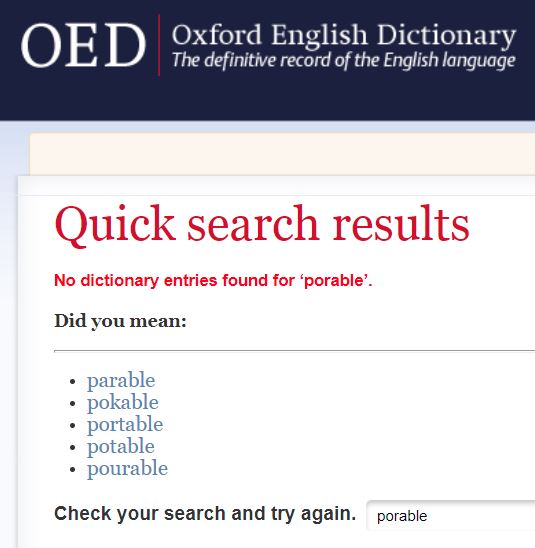

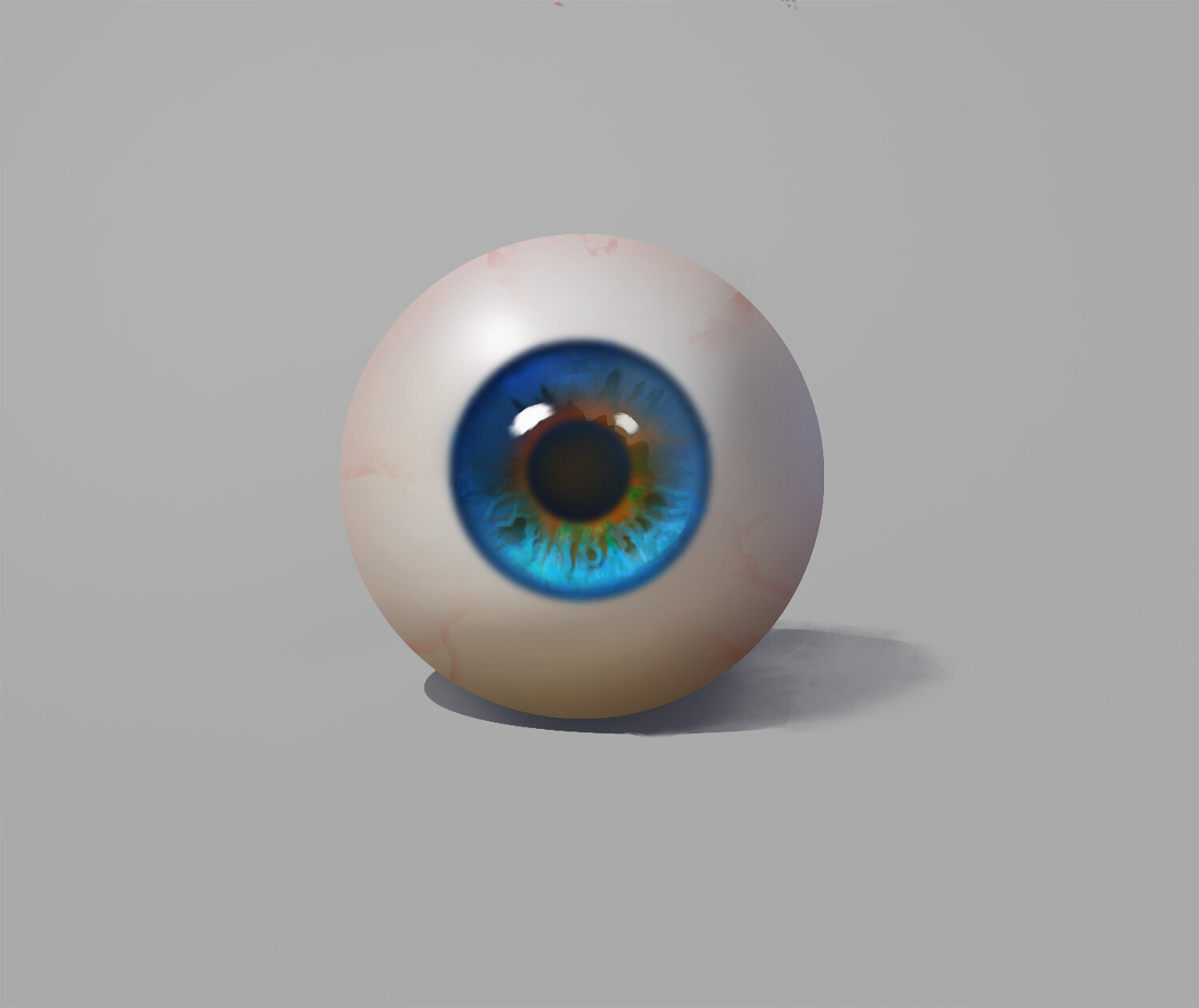

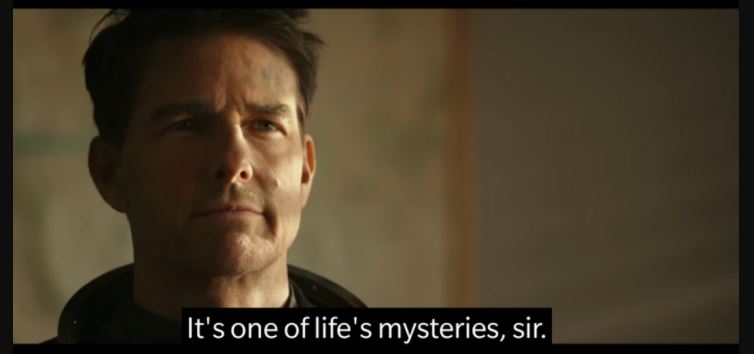
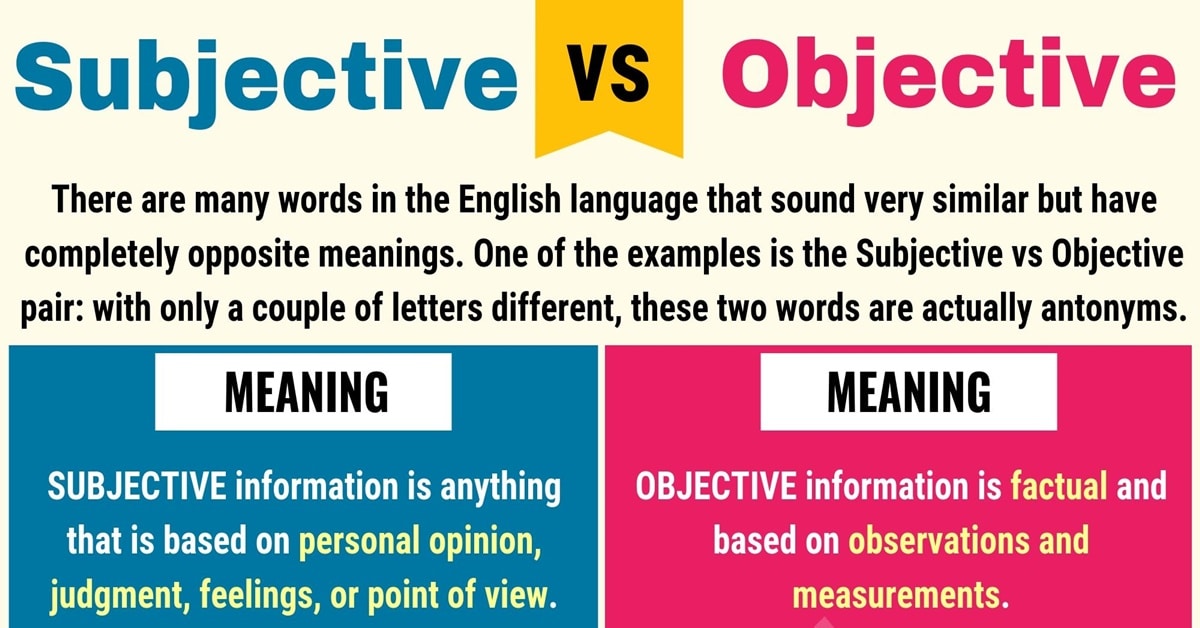







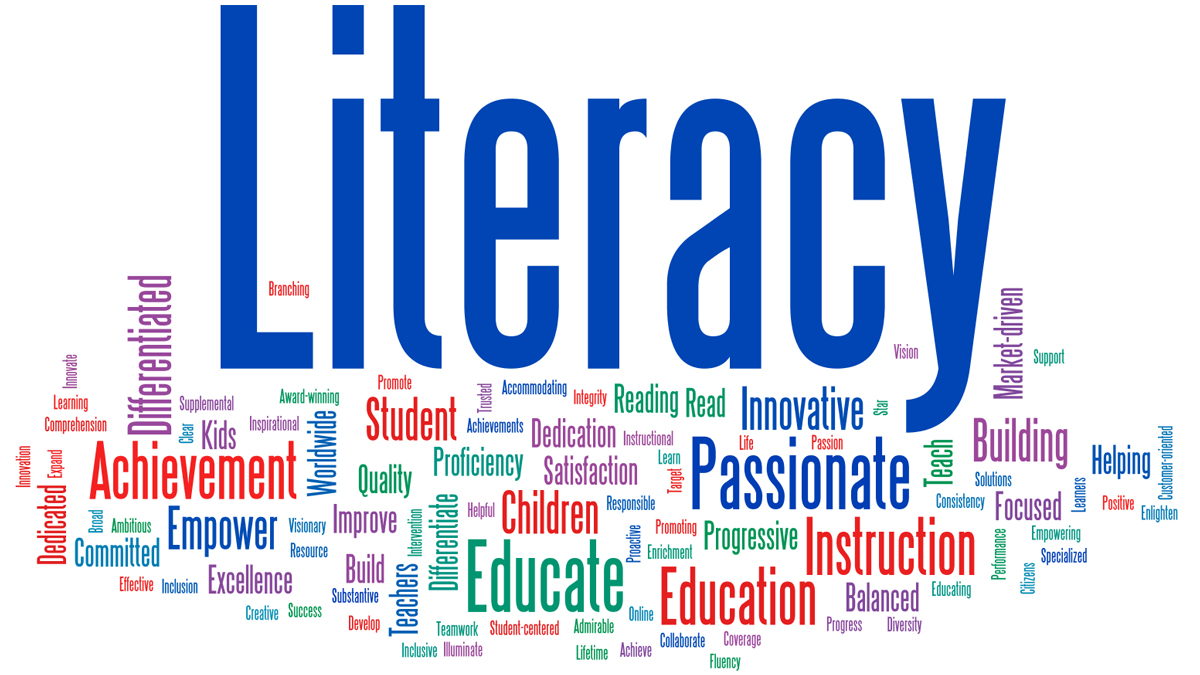











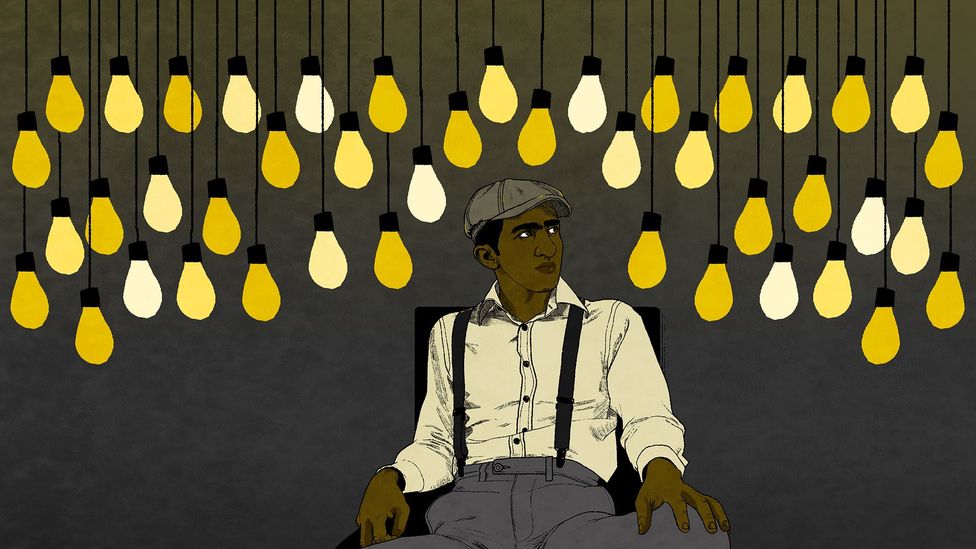

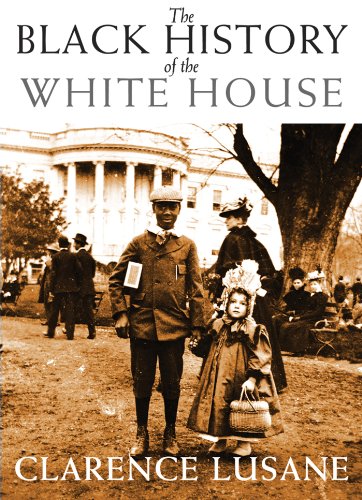
![Homer] (By: Richard Rutherford) [published: June, 2013]: Richard Rutherford: Amazon.com: Books](https://images-na.ssl-images-amazon.com/images/I/31AeL158xxL.jpg)